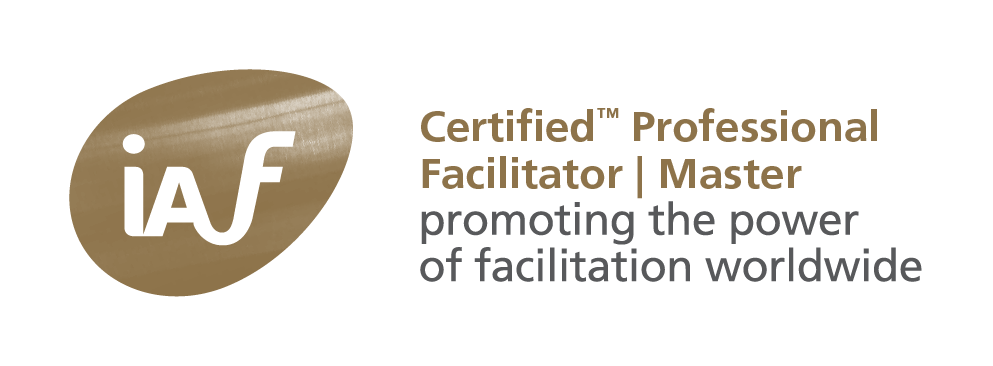“Beginners mind”, in facilitating systemic – self-sustaining – changes you will need more than an open mind, you need “Beginners mind”. The ability to stay confused enables Eigenorganisation to emerge. We’ll talk about in this event: https://tinyurl.com/d49vrbj
Ed van Winden https://www.systemspractice.org/page/scio-nederland asked me to have a conversation about facilitating – I’d call it catalysing – systemic change. Whatever you suppose that is. You can join for free.
This is what I suggested to write.
“In systems thinking and facilitating changes we’re usually dealing with changes on the basis of “what we’re knowing”. Jan Lelie MSc MBA CPF|M choose another path. He works with the inconveniences of “not knowing”.
While studying experimental physics, he learned that dealing with the “what’s known” doesn’t reduce “the unknown”. In fact, you tend to make it bigger. Newton’s Laws of Gravity work, while introducing questions like: “what is this ‘force of gravity’?”. Einstein only compounded our not-knowing. (Spoiler alert: “we don’t know”)
Working in information system design, he noticed, that real information is about “what you don’t know”. Real information, as he formulates it confuses. “If it doesn’t confuse you, it’s not information”.
He also noticed, that we try to hide the fact that we don’t know, by using the word “system”. In situations in which we don’t know something, we still answer questions with an answer, as-if we know. “Computer says no”. When we get away with it – it works! -, they assume we know.
In dealing with change and facilitating groups – he himself calls it catalysing – we don’t know what’s going to happen. You cannot predict the future (nor the past, but that’s a different story). That’s an inconvenience for every change agent.
He has co-developed a course in facilitating change for experts and published a book about it (in Dutch), called “Facilitating as a second calling – dealing with changes”.
Jan learned to live with these inconveniences. In this session we’ll talk about the ten principles of “process consultancy” as described by Edgard Schein (back translates from Dutch):
- I’m always supporting the relationships between people
- I’ll always stay in the here-and-now
- I work from “not-knowing”
- Everything I do means intervening (even doing no-thing)
- The other keeps ownership of her or his problem and its solutions
- Go with the flow
- I practice in improving my timing
- I intervene constructively opportunistic (also known as improvising – JL)
- I’ll inevitably make mistakes and learn from these
- While in doubt, I’ll raise my ‘problem’ in supporting our relationships




